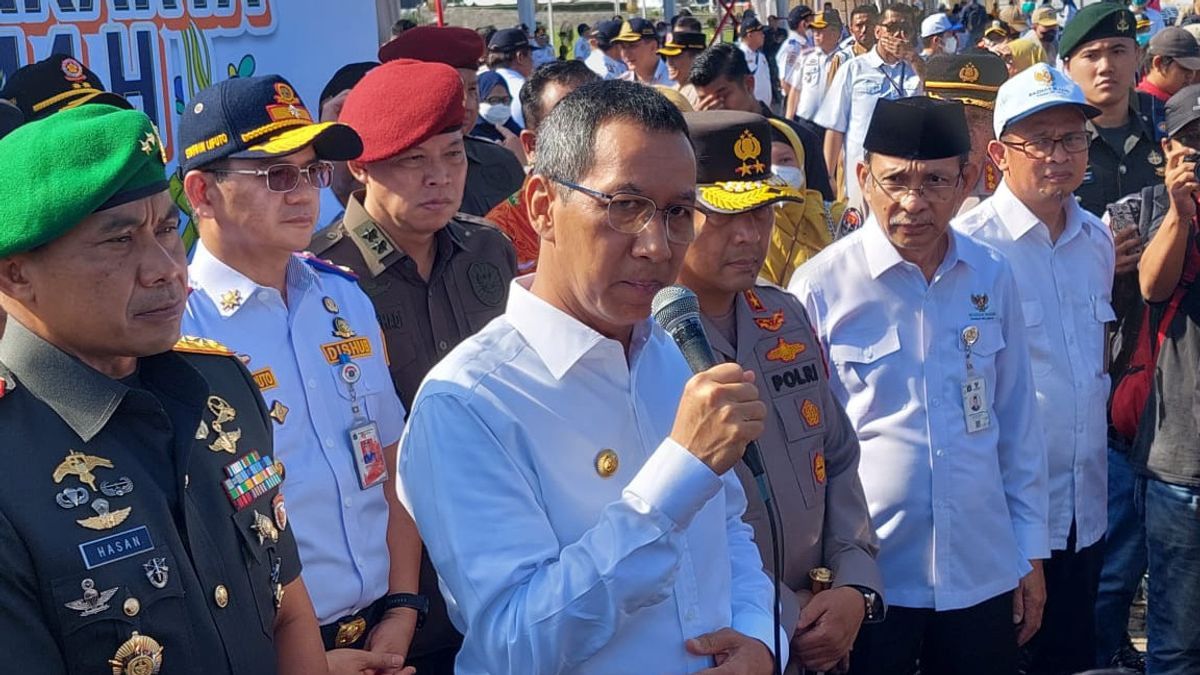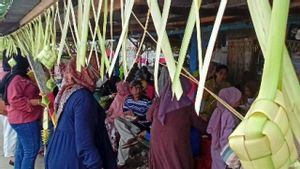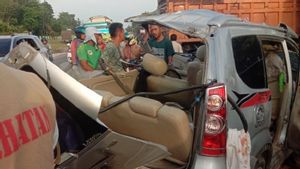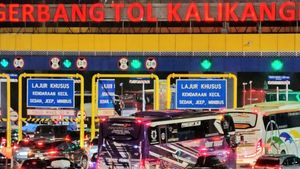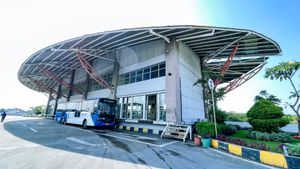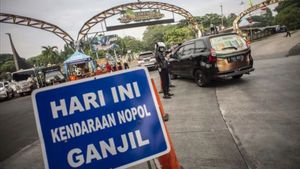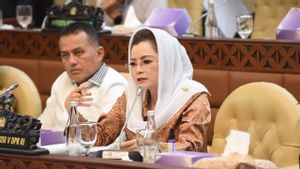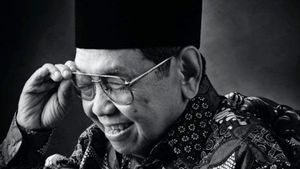JAKARTA - Acting Governor of DKI Jakarta Heru Budi Hartono said that his party had coordinated with a number of Social Services in other areas regarding the entry of newcomers who came to Jakarta after Lebaran this year.
Heru said, coordination with the Social Service of other regions is an anticipation of the DKI Provincial Government for the potential entry of immigrants to Jakarta who become scavengers to beggars.
"So the Social Service (DKI) has cooperation with the local district/city Social Service. The Dukcapil Service also collects RT/RW to monitor and record residents," said Heru at DKI Jakarta City Hall, Thursday, April 27.
When later the DKI Provincial Government found that there were residents outside the area who were people with social welfare problems (PMKS), Heru said that his party would repatriate them and coordinate with the Dinsos of their respective regions of origin for their repatriation.
"This means that if they are scavengers or beggars who are usually in the red light, we will educate them. We collect them at the Social Service, we return them," said Heru.
Heru emphasized that the DKI Provincial Government does not actually prohibit residents outside the area from entering and settling in the capital city. Heru wants, if possible, newcomers in Jakarta to have at least jobs or skills, in addition to having a certain place to live.
"We can't prohibit it. They have the right to come. However, we ask that those who come may have a definite job, and so on," said Heru.
In this regard, the Head of the DKI Jakarta Population and Civil Registration Agency (Disdukcapil) Budi Awaluddin asked the migrants to report RT/RW upon their arrival in Jakarta, before processing population documents such as domicile documents.
"Currently, when serving population documents, we ask them (immigrants) to report to the local RT/RW, so that the RT/RW can find out about the people in their environment," said Budi, Wednesday, April 26.
Along with that, the DKI Provincial Government also involves RT/RW devices in collecting data and socializing with newcomers entering Jakarta.
This effort is related to the phenomenon of an increasing trend in the number of migrants in Jakarta every year. Lebaran homecoming also has implications for the potential to increase the number of immigrants who multiply from the number of movements of residents out of Jakarta.
Budi said, in the last three years, with details in 2020 there were 113,814 people, in 2021 there were 139,740 people, and in 2022 there were 151,752 people.
اقرأ أيضا:
Meanwhile, based on population data on the second semester of 2022 clean consolidation data (DKB), the number of Jakarta residents is 11,317,271 people. Thus, the increase in this newcomer needs to be a concern.
"So, Mr. Heru's direction regarding data collection for these newcomers is due to concerns about economic conditions, fear of increasing poverty. Well, this is the supervision later for newcomers," he concluded.
The English, Chinese, Japanese, Arabic, and French versions are automatically generated by the AI. So there may still be inaccuracies in translating, please always see Indonesian as our main language. (system supported by DigitalSiber.id)
